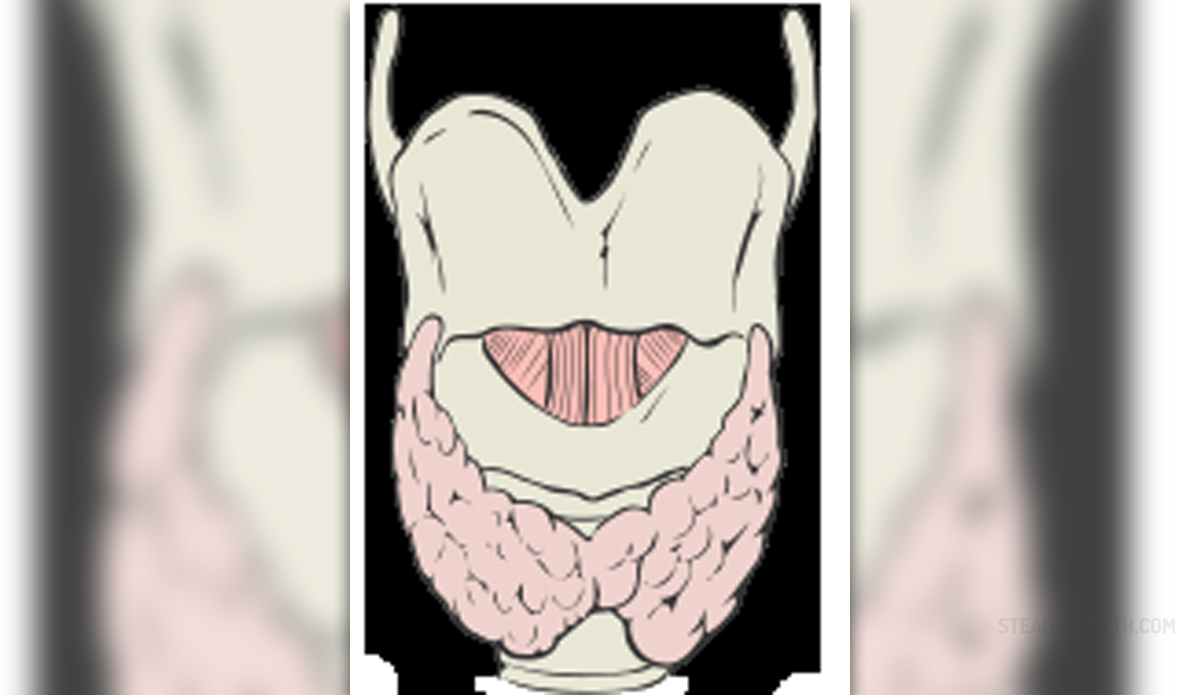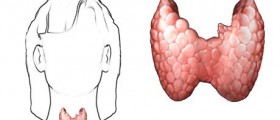
The thyroid gland
The thyroid gland is one of the most important glands in the human body. It is located in the neck and has the shape like a butterfly. The thyroid gland produces the two hormones, T3 and T4, and these two hormones are essential for a proper functioning of many systems in the body and for the healthy metabolism of the cells.
The pituitary gland is also important because this gland produces thyroid-stimulating hormone – TSH, which has the role to stimulate the thyroid gland to secrete its hormones. When due to certain reasons the thyroid gland produces small amounts of its hormones, then hypothyroidism or inactive thyroid gland disorder occurs. On the other hand, when the thyroid gland is overactive and manufactures too much of its hormones, hyperthyroidism occurs.
Causes of high thyroid levels
The most common cause of hyperthyroidism is Graves’ disease, an autoimmune condition in which the immune system of the body secretes the antibodies that attack the thyroid gland. Another cause of high thyroid levels is the inflammation of the thyroid gland. It is medically called thyroiditis. It is also considered that the excessive use of the thyroid hormones in the treatment of hyperthyroidism may lead to high levels of thyroid hormones. Furthermore, the formation of small benign growths in the thyroid gland, which are called thyroid nodules, may also be a potential cause of hyperthyroidism.
Symptoms of high thyroid levels
The main symptom of hyperthyroidism is fast metabolism or speeding up of many things in the body. High levels of thyroid hormones usually cause many changes in the body and therefore, this condition has numerous warning signs. The most common symptoms of hyperthyroidism are nervousness, irritability and anxiety, as well as tremor, depression and insomnia. Furthermore, high levels of thyroid hormones may affect the heart and thus cause arrhythmia, heart palpitations and hypertension. The people who suffer from hyperthyroidism may also experience unexplained weight loss despite the increased appetite, excessive sweating, shortness of breath and excessive thirst. Other sings of high thyroid levels are hair loss, brittle nails, muscle weakness and the lack of the sexual drive.
Treatment of high thyroid levels
When the hypothyroidism is diagnosed, the doctors usually prescribe certain anti-thyroid medicines, such as methimazole, and radioactive iodine. Sometimes, a surgery is required, but it is only the last option because in the surgery, a part of the thyroid gland is removed, which can cause many complications to the surrounding organs.












-In-Adults_f_280x120.jpg)




Your thoughts on this
Loading...